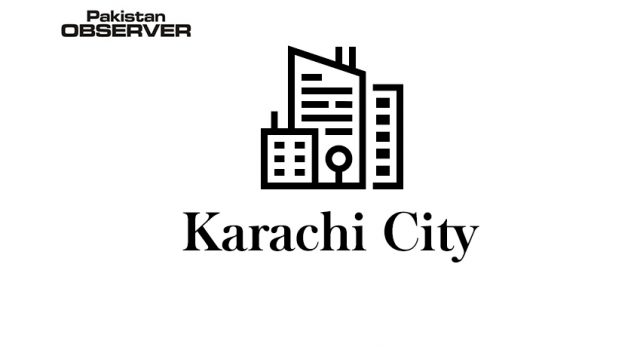Sindh Health Minister Dr Azra Pechuho has said that the monsoon season will bring about a rise in vector-borne diseases such as dengue, malaria and leishmaniasis.
She directed the health department to improve preventive measures and surveillance at a meeting held Thursday.
This year a total of 170 cases of dengue have so far been reported in Sindh. Karachi reported 155 cases the highest followed by six in Hyderabad, five in Mirpurkhas, two in Sukkur and one each in Larkana and Shaheed Benazirabad.
The provincial health minister directed district health officers to increase monitoring and compile cases reported from both private and public labs. The number of public diagnostic centres would be increased to 1,125.
A work plan for the dengue awareness campaign needs to be made, Dr Pechuho said. The services of lady health workers would be utilised to spread awareness about dengue prevention, she added.
Fumigation teams have been directed to disinfect dengue hotspots. Buildings under construction and tire shops need to be targeted to eliminate dengue larvae.
Last year, there had been a rise of 13% in malaria cases. Most infections were reported in Karachi’s District East. The Sindh health minister directed the health secretary to write to the Global Fund to increase funding.
Tackling Leishmaniasis Dr Pechuho said there was a need to improve leishmaniasis control and treatment. Jacobabad reported 321 cases — the highest in the province. Cases were recorded in Jamshoro and Tharparkar too.
In Khyber Pakhtunkhwa, more than 30,000 leishmaniasis cases were reported.
Dr Pechuho said the World Health Organisation had to be contacted for 30,000 antimoniate meglumine injections to treat the disease.
What is leishmaniasis
Leishmaniasis is a vector-borne disease that spreads through sandflies.
The disease is caused by Leishmania parasites which are transmitted by the bite of infected female sandflies, according to the WHO. Most people infected by the parasite, however, never develop any symptoms.
The treatment includes administering drugs called pentavalent antimonials through IV or IM.










